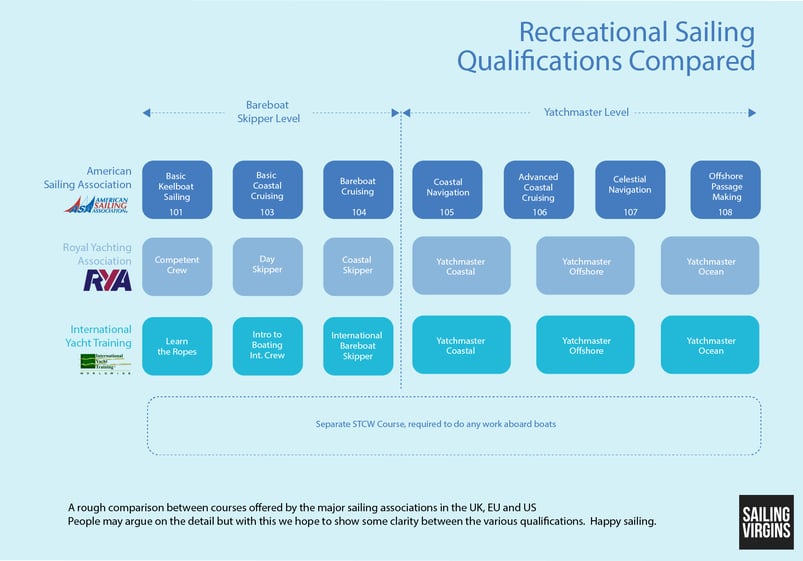For anyone looking to make a career out of sailing or even to charter a boat with friends, certain qualifications must be obtained. This post gives a summary of the various levels across each of the three major certification organisations (ASA, IYT and RYA, with a comparison between those organisations in another post). It also discusses which certification you need, when you need it and how you might wish to leapfrog certain courses. We have split them up into three groups; beginner, intermediate and advanced.
Beginner Courses
Also called Competent Crew (RYA), Learn the Ropes (IYT), Introduction to Boating (IYT) and ASA101-103, beginner courses range from two days to a week in duration and typically involve a mixture of classroom-based theory with a practical liveaboard component. Some (such as the ASA) recommend you begin on a smaller yacht where you will be able to get a better feel for the various forces at work and where mistakes will have “less leverage” than on heavier boats. Like any beginner course, these first steps are about establishing a platform so you can learn the correct methods from the start. As such they are invaluable for those new to sailing. They also provide time with an instructor who will be able to help answer your more general questions about which courses suit you, how you can build your miles, even great places to build your sailing experience. Competent Crew is an excellent name for these courses as they will provide you with the necessary skills to be able to assist your skipper.
Intermediate Courses
Also called Day Skipper (RYA), International Bareboat Skipper (IYT) and 104 (ASA), intermediate courses range from three days to one week of practical, on-board learning. Some organisations also offer a separate, purely classroom-based theory program. These courses aim to provide their candidates with the skills to safely navigate a yacht within sight of land during the day. The chief aim of many candidates sitting such a course is to be able to bareboat charter a yacht with one of the recognised charter companies. Many charter companies require such a certification as a minimum. Some, particularly in Europe, also require an International Certificate of Competency (ICC), and VHF radio operator’s course, which can usually be added for a small additional fee to the intermediate course being offered by the Sailing School you select.
Advanced Courses
The commonly-used term for any of the advanced sailing courses is Yachtmaster. IYT and RYA split them up into three sub-groups; Coastal, Offshore and Ocean. In the ASA system the certification levels are 106, 107 and 108. The two systems are more or less equivalent (ie. ASA106 is more or less equivalent to the RYA/IYT Yachtmaster Coastal and so on). Yachtmaster courses require a candidate to have logged a minimum of 800 miles at sea and are designed to build the skills of candidates such that they have a broader skill set in bad weather, night sailing, blind navigation and so on. The Yachtmaster Offshore/ASA107 has a higher sea-mile requirement (ie. a candidate requires at least 2,500 sea-miles) and furthers capabilities to sail up to 150 miles from land. The Yachtmaster Ocean/108 brings celestial navigation and world-passages into play. It is available only after the Yachtmaster Offshore/107 has been successfully obtained and a long passage undertaken.
If you would like a free e-book covering this and other posts to help you become a professional skipper please press below:
Other Professional Courses and Endorsements
STCW
Short for Standards for Training, Certification and Watchkeeping, the STCW is a week-long series of sub-courses that is a requirement for anyone wishing to work in any capacity on a boat. It must be renewed every five years.
ENG1 Medical
This is a separate seafarer’s medical examination, only able to be issued by a doctor approved by the Maritime Coastguard Agency (MCA, a UK agency). The ML5 is another type of medical but restricts the holder to remain 60 miles from a safe haven.
Master of Yachts Limited/Unlimited
Issued by the IYT, the Master of Yachts is a professional qualification designed for the superyacht industry, where holders wish to work their way through the ranks with the ultimate aim being to Captain a superyacht.
Instructor Qualifications
The prerequisite for most entry-level instructor qualifications is the Yachtmaster Offshore. The ASA requires level 106 or higher. The RYA’s entry level keelboat instructor qualification is called the Cruising Instructor. Their senior instructor program is the excellent and notoriously diffcult "YMI" - Yachtmaster Instructor. The ASA maintains its numerical approach, adding a 2 in the beginning such that a 204 is an instructor up to 104 standard.
CONCLUSION:
No matter how much sailing experience you have, if you choose an appropriate course with a good instructor you will always pick up valuable tips & tricks. Make sure you "empty your glass" at the start of the course; leave your bravado and pride on the dock and bring on board a liberal does of humility and an open mind. You'll have a blast.
Click the button below to download a free e-book title How To Become A Professional Skipper.



